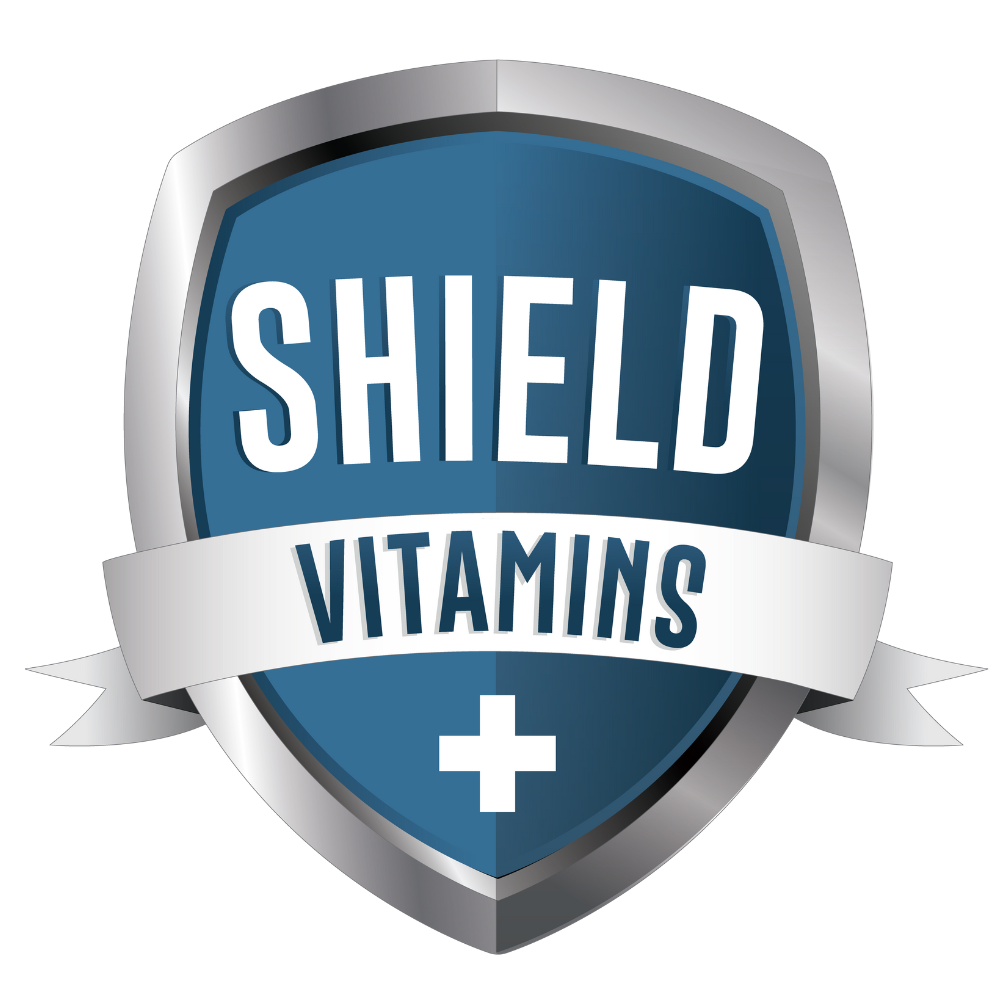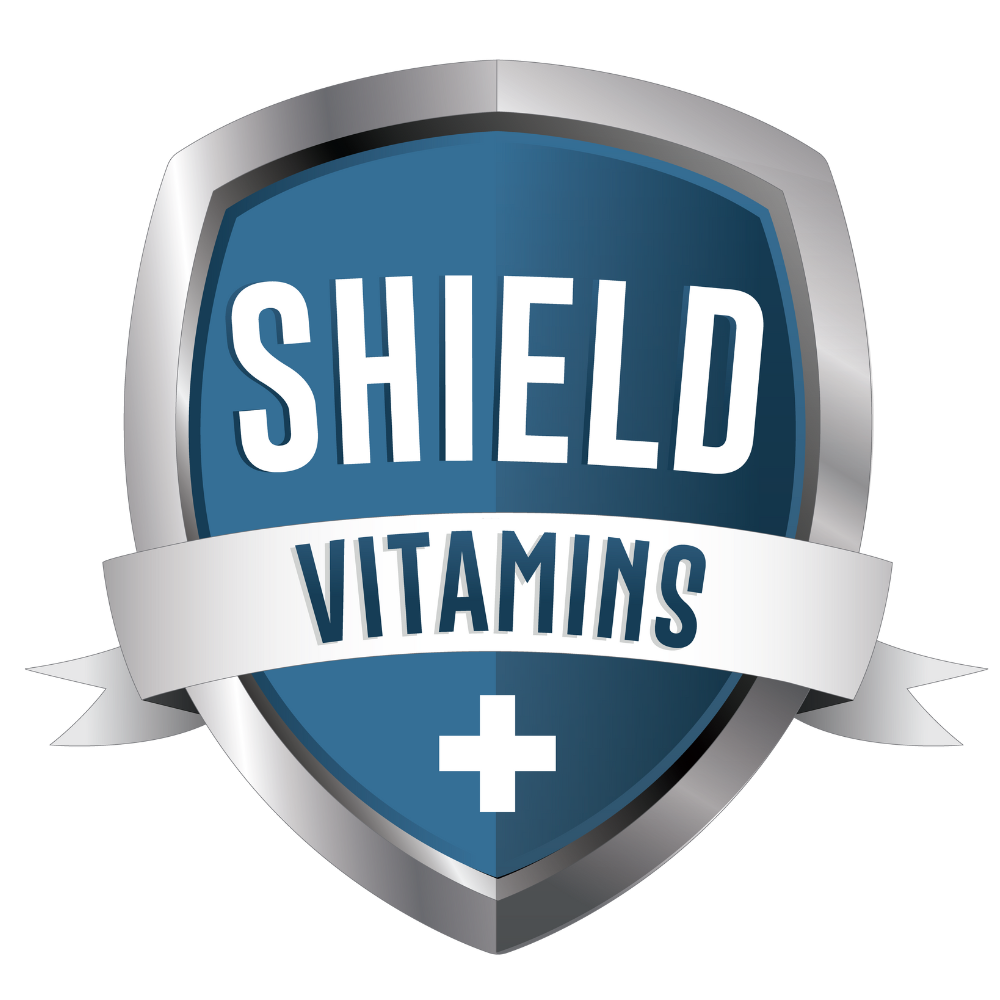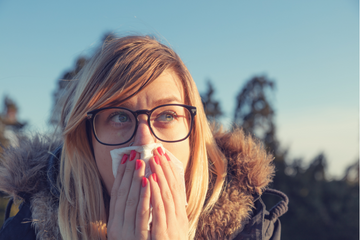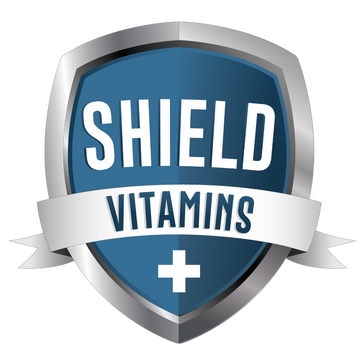The tragic tale of David Mitchener, an 89-year-old man from suburban London, has brought the perils of vitamin D toxicity to the forefront of public health discussions. For nine months, David unknowingly pushed his body to the brink with excessive consumption of vitamin D supplements, culminating in fatal consequences. His story serves as a somber reminder that even the most beneficial vitamins can be harmful at extremes.
Vitamin D, often known as the sunshine vitamin, is vital for bone health and immune function, among other physiological processes. However, an overdose can turn this critical nutrient into a potential health hazard, leading to conditions most individuals would never anticipate from a nutrition supplement.
What is Vitamin D Toxicity?
Vitamin D toxicity, or hypervitaminosis D, occurs when excessive amounts of vitamin D accumulate in the body, leading to a concentration that can cause adverse health issues. It is notably different from the common vitamin D deficiency that grips a significant portion of the population due to insufficient sunlight exposure and dietary intake.
Causes of Vitamin D Toxicity
The primary cause of vitamin D toxicity is persistent high intake of vitamin D supplements. It is rarely caused by diet or sun exposure alone, as the body regulates the amount produced via the skin and has a limit to the amount absorbed from dietary sources. David Mitchener's levels reportedly reached a recordable maximum of 380 on laboratory tests, an astonishing figure when weighed against the recommended sufficiency levels of 30, as cited by Harvard.
Symptoms to Look Out For
Symptoms of vitamin D toxicity cover a spectrum from mild to severe and can manifest as:
- Nausea and vomiting
- Weakness and fatigue
- Frequent urination
- Muscle or joint pain
- Calcification of organs and blood vessels
- Kidney stones or kidney failure in extreme cases
These initial symptoms may appear unspecific but can lead to more acute consequences if left unchecked.
Preventing an Overdose
To avoid the life-threatening risk of vitamin D overdose, adherence to prescribed supplement dosages is paramount:
- Follow professional healthcare advice on supplementation.
- Maintain a well-balanced diet rich in naturally occurring vitamin D (e.g., fatty fish, egg yolks, fortified foods) to minimize the need for high-dose supplements.
- Regularly check vitamin D blood levels, especially if consuming high-dose supplements.
When asked about the dangers of vitamin D supplementation as it relates to consumption levels, our founder Dr. Geoffrey suggests the following:
- Discuss with your doctor before taking the recommended amount for your physical traits (skin, complexion, age, overweight, kidney or liver problems)
- Make sure to regularly get your vitamin D levels checked.
- Know the signs and symptoms to watch for and monitor.
- And remember, stopping vitamin D supplementation is the first line of treatment.
Conclusion
David Mitchener's unfortunate experience highlights an essential lesson for health enthusiasts and the general public alike—it's possible to have too much of a good thing. While striving for optimal health, it is crucial to recognize that the misuse of supplements, even essential vitamins like vitamin D, can have dire consequences.
Prior to initiating a new supplement routine, it is essential to seek advice from healthcare professionals and adhere to the recommended dietary intake (RDI) guidelines. Our aim in providing such information is to avoid unfortunate incidents and encourage a well-rounded and educated approach to taking vitamins. Stay sun-kissed, not sun-sickened.







